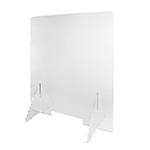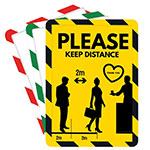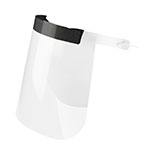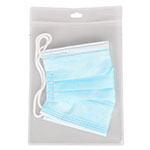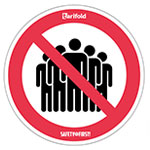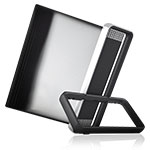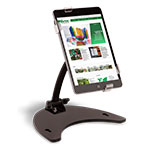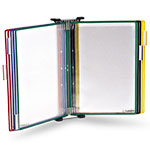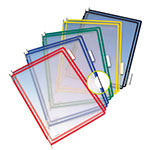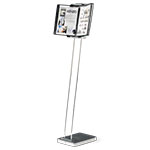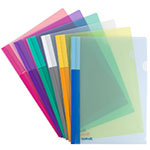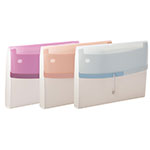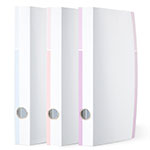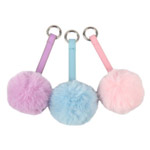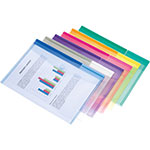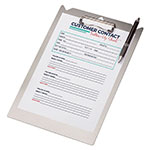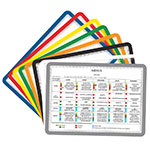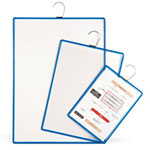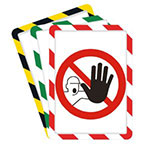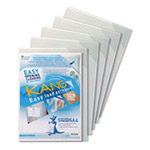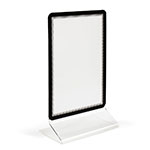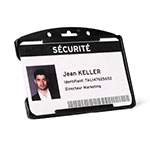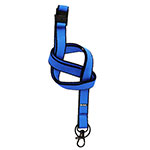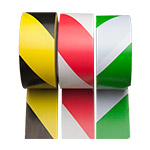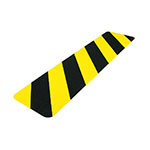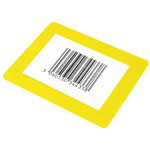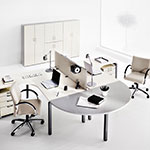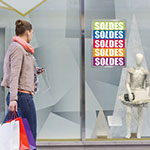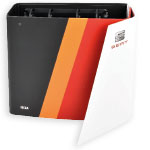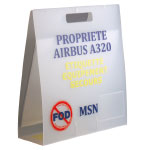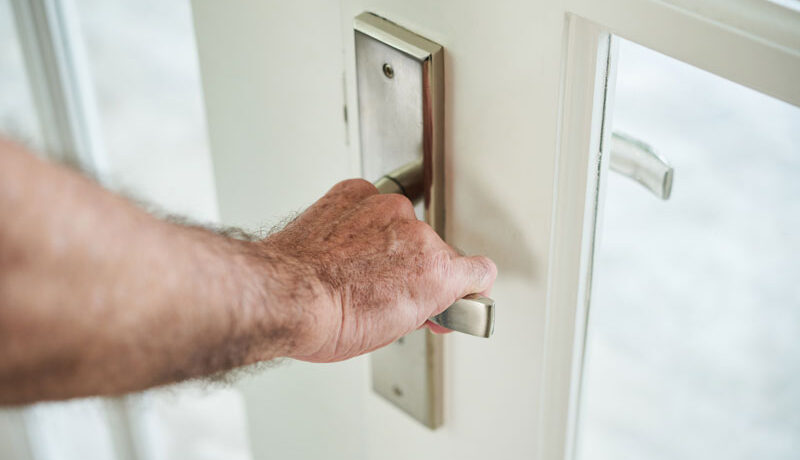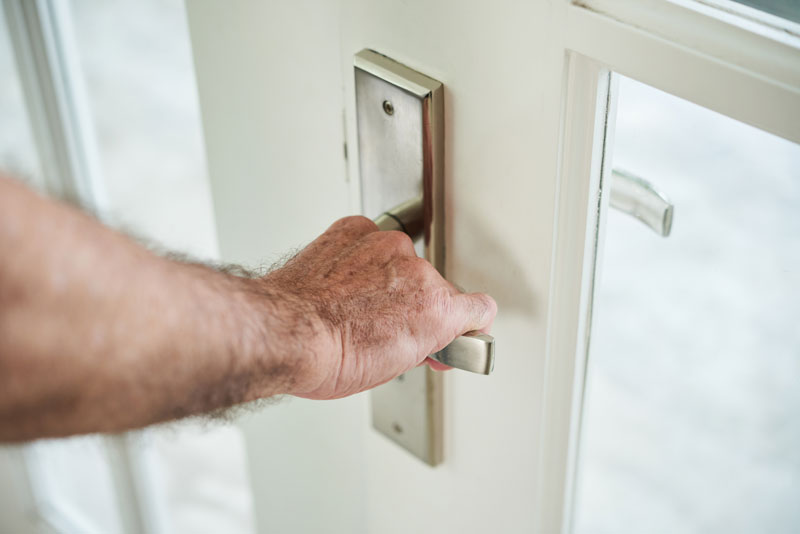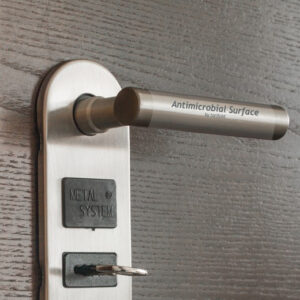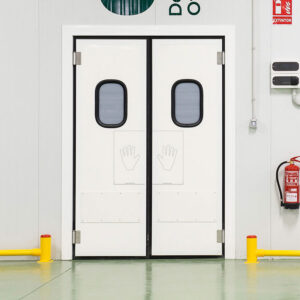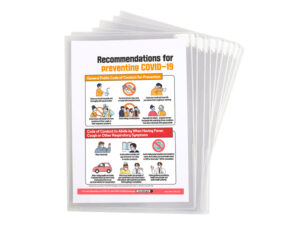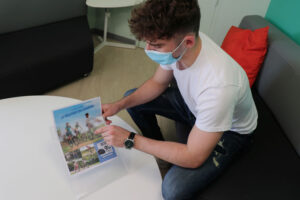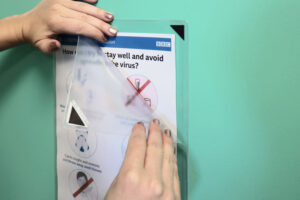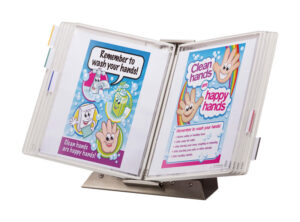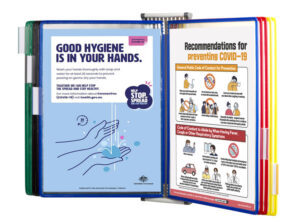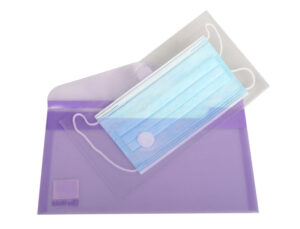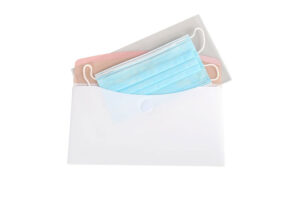Since the end of summer 2020, many countries around the world have adopted the obligation to wear masks in public places, in companies, in the street, on public transportation, or in shops. Masks protect against the inhalation of droplets and airborne particles. By wearing a mask and face shield you are not only protected against inhalation but also the projection of droplets*. Direct contamination is avoided. But is wearing a mask and face shield enough to avoid catching a virus? The answer would be no, not completely. The virus can also be transmitted through cross-contamination. This article will provide answers to the following questions: What is cross-contamination, and how can you reduce the risk to yourself and others?
* Note: a face shield is primarily used for eye protection, not respiratory. Only wearing a face shield is not considered sufficient protection against inhalation of airborne particles. Face shields are not a substitute for face masks.
Cross-transmission – definition
Cross-transmission is the transfer of microbes (viruses and bacteria) by one individual on a surface followed by the transfer of these microbes to another individual after touching the same contaminated surface.
Solutions to avoid cross-transmission
The solution to avoid cross-contamination is often to regularly clean surfaces that are the most often touched or manipulated by multiple people, and to do so by using an antibacterial, antimicrobial or biocidal or virucidal product. That can include, hand sanitizers, wipes and desinfectants. These types of measures need to be done often and at regular intervals. But there are also ways to protect or treat surfaces that would have a longer lasting effect. One of these solutions is a silver ion based protection.
Agion Silver ions – an antimicrobial treatment
Products treated with silver ions destroy microbes deposited on its surfaces. This technology has been proven effective since many years. Indeed, this antimicrobial treatment allows a reduction of more than 99.99% of microbes in under 2 hours.
How does the Agion technology work?
When microbes are deposited on a surface treated with silver ions, the silver ions (Ag+) are released from their zeolite cages and enter the bacterial or viral cell which is then destroyed.
Protect surfaces!
According to the report published by “The Journal of Hospital Infection” on February 6, 2020 and entitled “Persistence of coronaviruses on inanimate surfaces and their inactivation with biocidal agents”, human coronaviruses can remain up to 9 days on metal, plastic or glass surfaces.
The benefit of daily cleaning of door handles with various household products is lost once a person touches the handle. Therefore, we have developed antimicrobial adhesive sheets in several sizes to protect small and large surfaces from becoming hotspots for viruses or bacteria. Available in XS, S/A4, M or L format, these sheets are ideal for the following surfaces:
- Door handles, switches, elevator buttons
- microwave handles, handrails
- Swinging doors, revolving doors, glass doors
- Counters, tables, desks, reception desks, etc.
Spread information, not viruses!
Printed information displayed and then renewed by colleagues can be a source of cross-contamination. To avoid this, we offer our reputed Kang signage pockets and L-folders made of antimicrobial PVC. This way, the renewal of paper information no longer becomes a source of contamination. Similarly, our famous metal wall kits and desk kits are also available in antimicrobial versions!
Protect your clean masks, isolate your dirty ones!
What do you do after wearing a mask? If you’ve worn a disposable mask for 4 hours or more, you’ll probably throw it away. However, if you’ve worn your disposable mask for less than 4 hours or if you are using a reusable mask, you’ll probably store it in your pocket or handbag. Unfortunately a mask that has been in contact with viruses or bacteria will spread them into your pocket or handbag, or catch something according to the surface you put it on.
To avoid this, Tarifold has developed antimicrobial mask holders with lanyards, to store your masks in a safe and easy way and keep them on hand.
Another way to store your masks and limit the spread of viruses and bacteria is our antimicrobial sleeve that can be coupled with cheque-book size envelopes.
Tarifold, a key player in workplace organization and visual communication, is committed to helping you limit the transmission of the virus. Do not hesitate to contact us (tarifold@T3Lgroup.com) for any special request.

